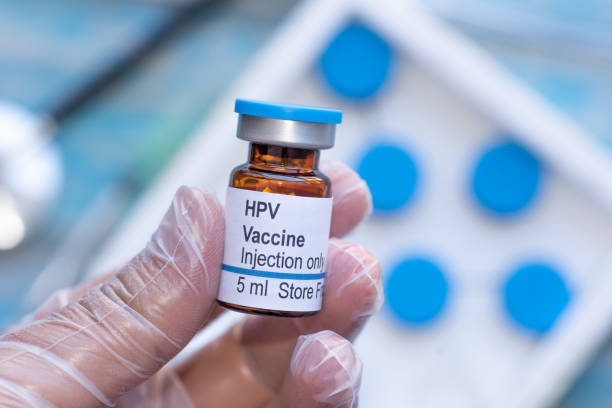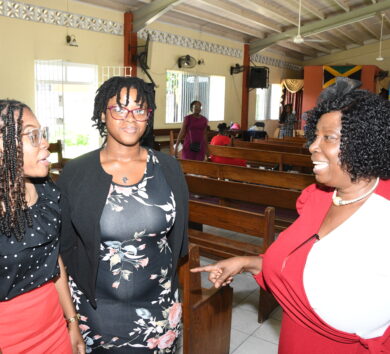

The month of January is observed globally as Cervical Cancer Awareness Month. This is a public education campaign geared towards raising awareness about cervical cancer, treatment and prevention.
According to the World Health Organization (WHO), cervical cancer is the fourth most-common cancer among women globally, with an estimated 604,000 new cases and 342,000 deaths in 2020.
This cancer typically develops in the cervix, otherwise known as the ‘neck of the womb’, due to the abnormal growth of cells that have the potential to spread to other parts of the body.
According to data from the Jamaica Cancer Society (JCS), the incidence of cervical cancer is much higher in Jamaica compared to other Caribbean countries, with approximately 200 women dying annually from the disease.

In 2020, Jamaica recorded 386 new cases of cervical cancer.
While cervical cancer remains a major public health issue locally, with the right information at the fingertips, young girls and women can take the necessary steps to reduce the risk of developing cervical cancer.
Screening

Regular screening for cervical cancer offers women the opportunity to monitor the health of their cervix and helps them identify any abnormal growth of the cells in the cervix.
Two tests are generally done to identify any changes in the cervix. They are the Pap test, more commonly known as a Pap smear and the HPV test.
According to the U.S Centers for Disease Control and Prevention (CDC), the Pap smear looks for precancers, and cell changes on the cervix that might become cervical cancer if they are not treated appropriately. The HPV test, on the other hand, looks for the human papillomavirus that can cause these cell changes.
It is recommended that women between the ages of 21 and 65 get a Pap smear done every three years.
Get vaccinated against HPV

The HPV vaccine offers protection against certain types of the human papillomavirus, which cause cervical cancer.
The vaccine is recommended for persons as young as nine years old up to 26 years of age, if they have not been vaccinated already.
According to the CDC, the vaccine works best before any exposure to HPV.
The vaccine is currently being offered in Jamaica to girls, from ages 9 to 14.
Quit smoking
Persons who smoke are more likely to develop health complications compared to non-smokers. Smoking increases the risks of several cancers and prevents the body from effectively fighting those cancer cells.
READ: Cervical cancer, the silent killer







Comments